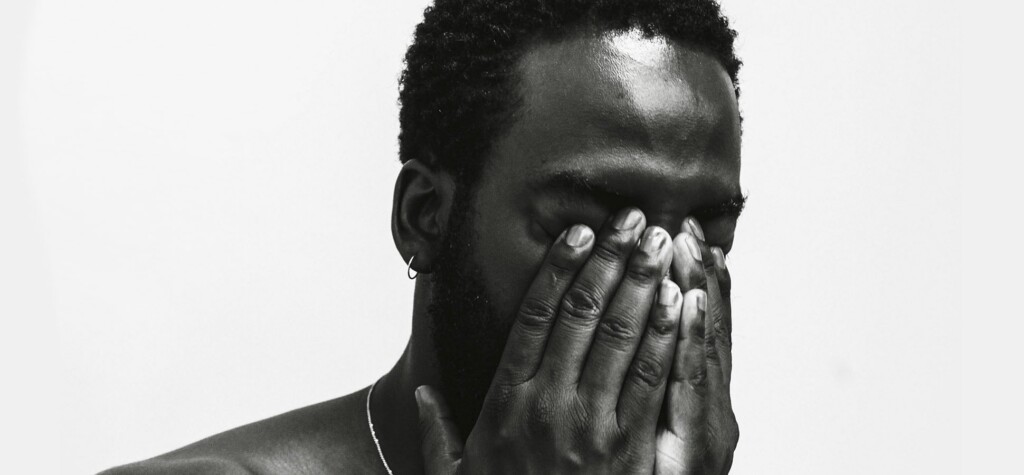In recent years, the importance of mental health his been repeated and drilled into the minds of the American public to raise awareness. And with the Black community being the most underserved demographics in mental health, due to many factors, the stakes are even higher.
It’s no secret that mental health is traditionally considered a taboo topic amongst Black people.
According to the National Alliance on Mental Health (NAMH), depression is one of the most common mental illnesses but an underrecognized and undertreated problem among African American men.
This is partly due to cultural practices relating to the beliefs that depression is normal, talking to a professional means telling all of your business and only weak people seek help for mental health.
But the truth is that mental health is just as essential as physical health, and no one is exempt despite their gender or race.
Also, the average Black person’s experience in America is one that is characterized by trauma and violence that is not familiar to other demographics, which is another reason why mental health is so important for the Black community.
According to the Health and Human Services Office of Minority Health, Black adults in the U.S. are more likely than white adults to report persistent symptoms of emotional distress, such as sadness, hopelessness and feeling like everything is an effort.
And Black adults living below the poverty line are more than twice as likely to report serious psychological distress than those living above it.
Unfortunately, only one in three Black adults receive the care they need.
Therapyforblackmen.com, a website of resources for mental health among Black men reports that among men ages 18-44 who had daily feelings of anxiety or depression, non-Hispanic Black and Hispanic men (26.4 percent) were less likely than non-Hispanic White men (45.4 percent) to have used mental health treatments.
To help solve that problem therapyforblackmen.com has compiled a database of trusted therapists for Black men, based on location.
Researchers have also found that educated Black men with higher incomes, and success, are more likely than Black women and white people, to suffer from depression and anxiety.
These conclusions were achieved by Shervin Assari and T.J. Curry, studying the mental health of Black men in America. This brings to light the popular term “Mo money, mo problems.”
However, it demonstrates that no matter how successful you are the effects of poor mental health can touch anyone, and that is especially true for Black men.




